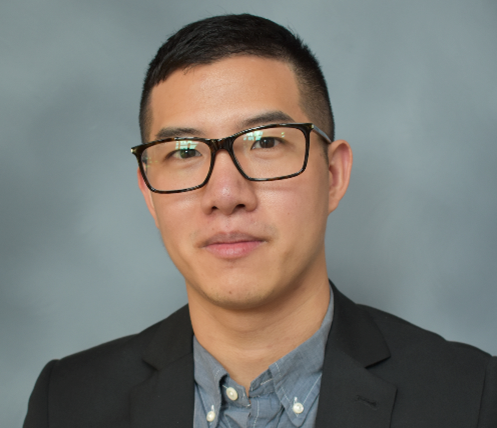ChatGPT trending in library instruction: We need an ethical framework
By Ray Pun, Academic/Research Librarian, Alder Graduate School of Education.
What current trend do you wish would become part of the higher ed canon? Why?
We are seeing the increasing presence of generative artificial intelligence in society, especially in education, with ChatGPT as an example that has inevitably created buzz, concerns — and tension. Released in November 2022, ChatGPT stands for “Chat Generative Pre-trained Transformer.” Developed by Open AI, an American artificial intelligence research laboratory, ChatGPT is essentially a chatbot that can generate essays, poems, song lyrics, questions, and a list of resources based on the given question or topic. Anyone can create an account on OpenAI to use it. It’s not perfect, but it is indeed powerful.
By Ray Pun, Academic/Research Librarian, Alder Graduate School of Education.
Many schools within the P-12 system in the United States have banned students from using ChatGPT. Using ChatGPT to cheat or avert learning has been a major thread on why this tool should not be used. That’s student use. It’s too early to fully determine how this technology will be deployed into teaching, learning and research effectively, but it’s not too early to ask how will librarians use it (and its inevitable follow-up technologies), and if they should use it at all?
What is certain is that we have an adversarial relationship with any new technology and may need to rethink how to work with this tool in a critical way that interrogates the content these tools produce. In February 2023, I raised these questions and issues in a LILi (Lifelong Information Literacy) Show & Tell Webinar presentation for library workers and how we need to reframe our view of this technology.
Since it is generative artificial intelligence, ChatGPT does not compute or analyze existing data, but draws on information it learned from data to generate responses. In discussions forums and listservs, librarians have discussed ways to cite ChatGPT responses in APA/IEEE/MLA styles, and to use ChatGPT to support academic research by creating a list of sources. This tool also has potential in supporting reading comprehension by breaking down complex ideas and topics, especially for emergent bilinguals and those struggling with literacy.
But there has to be discussion and consensus on an ethical framework that guides the usage of ChatGPT among instructors and librarians. The tool can heighten biases from its responses (and from our own). Many of the sources that ChatGPT generates can be connected to a dominant viewpoint based on the data from the Internet. This can intentionally neglect voices and perspectives from those with marginalized backgrounds. Can we recognize this exclusion and limitation in its responses? Can we question these responses and not immediately take them as face value or credible? An ethical framework guides us on how we use, consume, and manage AI and its generative content and must be centered on values of justice, equity, diversity, equity, and inclusion.
If we do not have these discussions, we may marginalize our learners further, perpetuating a dominant viewpoint while discounting the rest. Consider having this discussion with your academic and information technology leaders to discuss what this ethical framework could look like at your campus.
ChatGPT will be releasing an updated and more sophisticated version in the summer of 2023. It’s not going away (and this blog post was not generated by ChatGPT). In the end, there are no clear solutions on embracing or banning this tool but trade offs. We need to be prepared in addressing this trend and its impact on teaching, learning and research proactively and guided by an ethical framework.
About
Ray Pun (he/him) is the academic/research librarian at the Alder Graduate School of Education, a teacher's preparation program in California. He holds a doctorate in education, and a master of library sciences. You can find him on Twitter @raypun101.
Related posts
This blog post is part of a series from librarian thought leaders sharing personal insights into the challenges and opportunities their profession faces. Read more.

